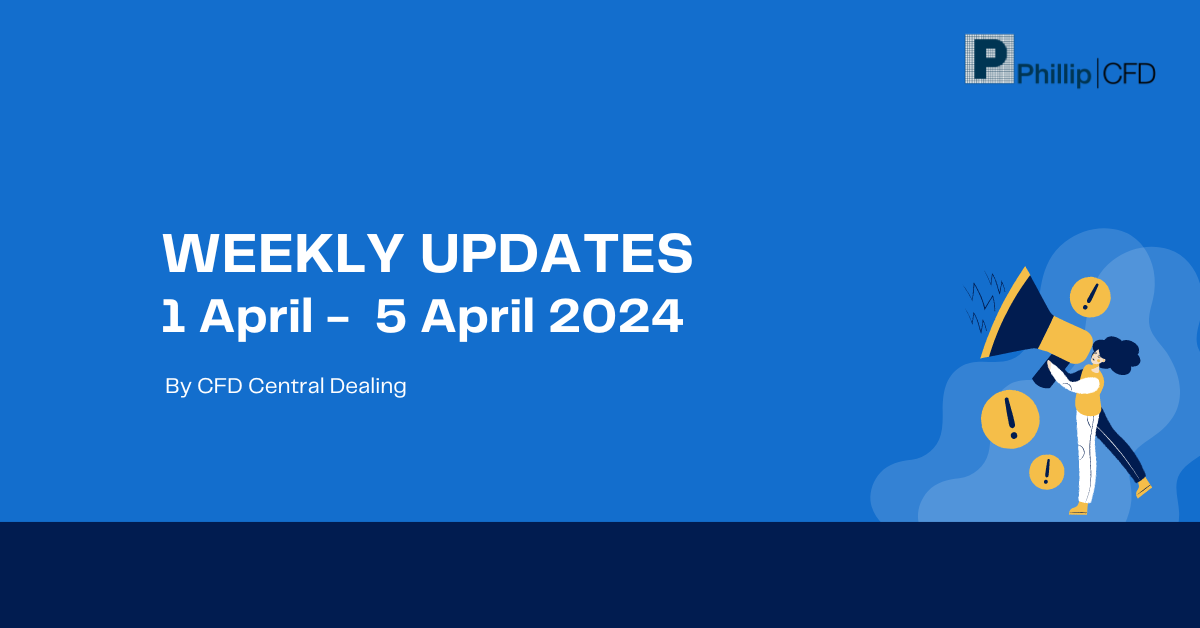Quote-Driven Market
Table of Contents
Quote-driven market
Almost all currencies, bonds, and spot commodities are traded in quote-driven markets. These marketplaces are also sometimes referred to as price-driven or dealer markets. These markets provide liquidity to OTC markets and are commonly used for trading bonds and some types of derivatives. The quotes provided by market makers are fair and reasonable, and they are expected to adjust their quotes in response to changes in market conditions.
What is a quote-driven market?
The quote-driven market is a type of financial market where the quotes of market makers or dealers determine the prices of securities. In this market, market makers are responsible for providing quotes for securities they specialise in trading. These quotes represent the prices they are willing to buy or sell the securities. The quotes are typically displayed on a trading platform accessible to traders and investors.
Understanding a quote-driven market
In a quote-driven market, the prices of securities are not determined by supply and demand forces. Instead, they are determined by the quotes provided by market makers. The market makers are required to provide fair and reasonable quotes, and they are expected to adjust their quotes in response to changes in market conditions.
The quote-driven market is different from the order-driven market, where the prices of securities are determined by the orders placed by traders and investors. In an order-driven market, the prices are determined by the highest bid and lowest ask prices in the market.
The quote-driven market is commonly used for trading over-the-counter (OTC) securities, such as bonds and some types of derivatives. OTC markets have no centralised exchange, and trading occurs directly between dealers and other market participants. The quote-driven market provides liquidity to these markets, as market makers must provide quotes for the securities they specialise in trading.
Order-driven market working
Order-driven markets feature buyers and sellers posting the price at which they intend to purchase or sell certain securities and the quantity of the securities requested to be bought or sold. They are opposite to what quote-driven markets are.
Order-driven marketplaces have transparency and deal with the constant flow of sell and buy orders from market participants. The order book is provided for investors who want to see the information. The exchange keeps this database that includes buyers and sellers and their bid prices. Most of the time, the exchange charges for this information.
Practical example
The London Stock Exchange, the Nasdaq Stock Market, and the eSpeed government bond trading system are all examples of quote-driven markets.
Quote-driven market vs order-driven market and brokered-market
The financial market can be broadly classified into three categories: quote-driven, order-driven, and brokered. Each of these markets is characterised by different ways of trading and, therefore, different levels of transparency and liquidity.
A quote-driven market is where market makers or dealers provide quotes to buy or sell securities to investors. In a quote-driven market, the market makers act as intermediaries between buyers and sellers, and they make profits by selling securities at a higher price than they buy them. The main advantage of quote-driven markets is that they provide liquidity, and investors can trade at any time during market hours.
On the other hand, an order-driven market is where investors place orders to buy or sell securities. An electronic system matches the orders, and the supply and demand of the securities determine the prices. The main advantage of order-driven markets is that they provide transparency to the market, and investors can see the prices at which other investors are trading.
Lastly, a brokered-market is one where brokers act as intermediaries between buyers and sellers. Brokers do not hold securities but match buyers and sellers and charge a commission for their services. In a brokered market, the brokers provide personalised services to investors, and they can find the best prices for their clients.
Each market has its advantages and disadvantages, and investors should choose the market that suits their trading style and investment goals. Some investors may prefer the liquidity provided by quote-driven markets, while others may prefer the transparency provided by order-driven markets. Similarly, some investors may prefer the personalised services provided by brokered markets.
Frequently Asked Questions
Liquidity is a major benefit of a quote-driven market since market participants are obligated to purchase or sell at the quoted prices. As a result, you have an assurance that your order will be filled.
Dealers are the market makers in quote-driven markets who entirely carry out trades in a quote-driven market online. The dealers publish the asking and bid price for traders and maintain a stock of securities to serve as market makers.
Dealers provide all of the market liquidity in a quote-driven market. Dealers may decide not to complete a transaction for a particular customer.
Quoted market value is a term used in financial markets to describe the current market price of a security, such as a stock or bond. The forces of supply and demand determine this price and they are often quoted on stock exchanges or other financial platforms.
Various factors, including economic conditions, company performance, investor sentiment, and geopolitical events, can influence the quoted market value. For investors, understanding the quoted market value of a security is an important part of making informed investment decisions.
By analysing market trends and assessing a company’s or asset’s underlying fundamentals, investors can determine whether a security is overvalued or undervalued relative to its current market price.
While there are several market makers worldwide, it isn’t easy to pinpoint who the biggest one is. However, some of the largest market makers include Citadel Securities, Virtu Financial, and Flow Traders. These firms operate globally and are responsible for providing liquidity and making markets in various asset classes such as equities, futures, options, and currencies.
It is important to note that market making is a highly competitive industry, and the biggest market maker can vary depending on the asset class or geographic location.
Related Terms
- Notional amount
- Negative convexity
- Jumbo pools
- Inverse floater
- Forward Swap
- Underwriting risk
- Reinvestment risk
- Final Maturity Date
- Bullet Bonds
- Constant prepayment rate
- Covenants
- Companion tranche
- Savings bond calculator
- Variable-Interest Bonds
- Warrant Bonds
- Notional amount
- Negative convexity
- Jumbo pools
- Inverse floater
- Forward Swap
- Underwriting risk
- Reinvestment risk
- Final Maturity Date
- Bullet Bonds
- Constant prepayment rate
- Covenants
- Companion tranche
- Savings bond calculator
- Variable-Interest Bonds
- Warrant Bonds
- Eurobonds
- Emerging Market Bonds
- Serial bonds
- Equivalent Taxable Yield
- Equivalent Bond Yield
- Performance bond
- Death-Backed Bonds
- Joint bond
- Obligation bond
- Bond year
- Overhanging bonds
- Bond swap
- Concession bonds
- Adjustable-rate mortgage
- Bondholder
- Yen bond
- Liberty bonds
- Premium bond
- Gold bond
- Reset bonds
- Refunded bond
- Additional bonds test
- Corporate bonds
- Coupon payments
- Authority bond
- Clean price
- Secured bonds
- Revenue bonds
- Perpetual bonds
- Municipal bonds
- Debenture
- Fixed-rate bond
- Zero-coupon bond
- Convexity
- Compounding
- Parallel bonds
- Junk bonds
- Green bonds
- Average maturity
- Investment grade bonds
- Convertible Bonds
Most Popular Terms
Other Terms
- Physical ETF
- Initial Public Offering
- Buyback
- Secondary Sharing
- Bookrunner
- Payment Date
- Secondary Market
- Margin Requirement
- Mark-to-market
- Pledged Asset
- Yield Pickup
- Subordinated Debt
- Trailing Stops
- Treasury Stock Method
- Stochastic Oscillator
- Basket Trade
- Contrarian Strategy
- Exchange Control
- Notional Value
- Relevant Cost
- Dow Theory
- Speculation
- Stub
- Trading Volume
- Going Long
- Pink sheet stocks
- Rand cost averaging
- Sustainable investment
- Stop-limit sell order
- Economic Bubble
- Ask Price
- Stock symbol
- Synthetic replication
- Bourse
- Beneficiary
- Witching Hour
- Widow and Orphan stock
- Public Float
- Closing Price
- Reverse stock splits
- Quiet period
- Prepayment risk
- Interpolation
- Homemade leverage
- Hyperdeflation
- Hope Credit
- Prime bank investments
- Purchasing power
- Futures contracts
- ESG
Know More about
Tools/Educational Resources
Markets Offered by POEMS
Read the Latest Market Journal

Back in Business: The Return of IPOs & Top Traded Counters in March 2024
Start trading on POEMS! Open a free account here! At a glance: Major indices continue...

Weekly Updates 15/4/24 – 19/4/24
This weekly update is designed to help you stay informed and relate economic and company...

From $50 to $100: Unveiling the Impact of Inflation
In recent years, inflation has become a hot topic, evoking strong emotions as the cost...

Japan’s Economic Resurgence: Unveiling the Tailwinds Behind Nikkei 225’s Record Leap
Source: eSignal, Intercontinental Exchange, Inc. In the heart of Japan’s economic landscape, the Nikkei 225...

Weekly Updates 8/4/24 – 12/4/24
This weekly update is designed to help you stay informed and relate economic and...

What Makes Forex Trading Attractive?
In a world where the click of a button can send goods across oceans and...

Weekly Updates 1/4/24 – 5/4/24
This weekly update is designed to help you stay informed and relate economic and company...

How to soar higher with Positive Carry!
As US Fed interest rates are predicted to rise 6 times this year, it’s best...












